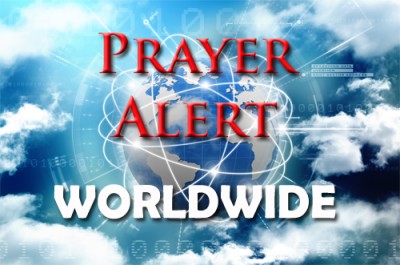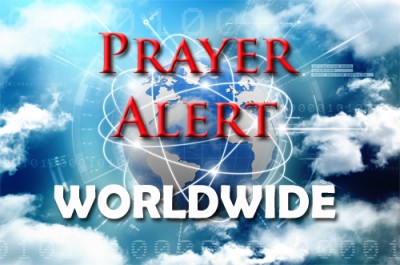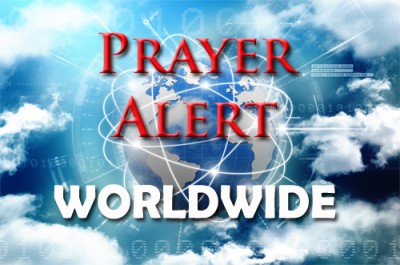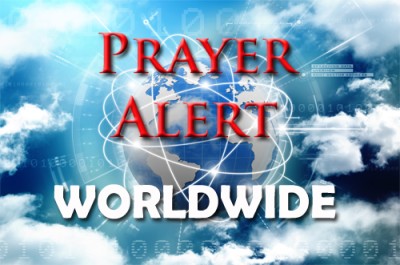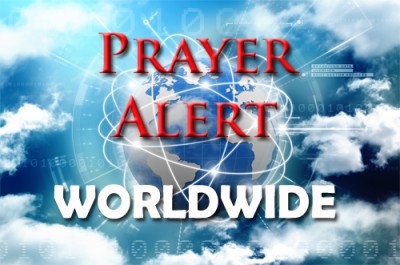Israel claims it discovered an operational command center, along with guns and ammunition belonging to Hamas, at Gaza's largest hospital, Al-Shifa. This discovery reportedly includes weapons found inside the hospital's MRI building. The Israeli Defense Forces (IDF) have long maintained that Hamas uses hospitals as cover for its fighters, with Al-Shifa alleged to house their main command. Both Hamas and Al-Shifa staff refute these allegations. About two and a half weeks after Israeli forces entered northern Gaza, they accessed the hospital. The IDF states they found technological assets and military equipment in the hospital, transferring these items for further examination. During this operation, IDF soldiers reportedly engaged and killed a number of Hamas militants. Footage from Al-Shifa shows soldiers carrying boxes and equipment from the hospital. Mohammed Zaqout, director of hospitals in Gaza, noted that Israeli tanks were inside the medical compound, and soldiers had entered key departments including emergency and surgery, which contain intensive care units. Al-Shifa hospital has become a symbol of Palestinian civilian suffering during the Israel-Hamas conflict, which escalated following a surprise attack into southern Israel on October 7.
Kenya: surprise public holiday to plant trees
16 Nov 2023On 13 November a government-led initiative saw citizens planting seedlings in Nairobi, even under heavy rain, following the declaration of a public holiday dedicated to tree planting. This effort, part of president William Ruto's pledge to plant 15 billion trees by 2032, aims to increase forest cover and combat the effects of a severe drought in the Horn of Africa. The tree planting day was intended as a patriotic contribution to national climate change efforts. However, Ruto's environmental commitment is under scrutiny due to his controversial decision to end a nearly six-year moratorium on logging. This move, which he argues is necessary for job creation and practical use of mature trees, has met criticism from environmentalists. Despite the environmental impact, the forestry and logging sector is significant for Kenya's economy, employing many people directly and indirectly. The decision to lift the ban reflects the government's struggle to balance environmental conservation with economic and employment challenges amidst high inflation and unemployment.
On 15 November, after concluding a four-hour meeting with Chinese leader Xi Jinping, Joe Biden expressed optimism about improving US-China relations. Key agreements were reached on reducing fentanyl production and restoring military communication. Biden described the talks as constructive and productive. The primary aim was to stabilise US-China relationships and prevent conflict through open communication, especially in the military domain. Biden emphasised the importance of China's commitment to control precursor chemicals for fentanyl, which has been causing a drug crisis in the US. Agreement on military communication and addressing potential miscalculations was seen as a significant step forward, a need highlighted by incidents like the Chinese ‘spy balloon’ over the USA in January. The talks were part of Biden's effort to make the relationship with China rational and manageable, avoiding conflict. However, he still maintains his opinion of Xi as a dictator.
On 15 November, Pakistan reached an agreement with the International Monetary Fund (IMF) for the release of a $700 million tranche, part of a larger $3 billion bailout package agreed in July. This announcement constitutes a significant relief for the struggling economy, as Pakistan is facing a severe balance of payments crisis and dwindling foreign exchange reserves. The leader of the IMF team noted several causes for encouragement; he said that inflation is expected to decline over the coming months amid receding supply constraints and modest demand, together with aid from international partners, leading to improved economic confidence. However, he warned that Pakistan remains vulnerable to global risks like geopolitical tensions, commodity price fluctuations, and tightening global financial conditions. This agreement comes as Pakistan prepares for general elections in February 2024 and aims to stabilise its economy, which has been in free fall for years, leading to rampant inflation and widespread financial hardship.
Liberia: close race in presidential election
16 Nov 2023Votes are being counted in the presidential run-off election between incumbent George Weah and ex-vice president Joseph Boakai. The election, held peacefully on 14 November, saw more than 2.4 million voters choosing between Weah, 57, seeking a second term, and Boakai, 78. Weah, formerly a famous footballer (World Player of the Year in 1996), is popular among young people but must defend his record in office, while Boakai is an old hand who has worked in both the public and private sectors. At the time of writing results showed Boakai in the lead with 50.6% of the votes, but the final result is still uncertain. The first-round vote in October was close, with Weah leading Boakai by only 7,126 votes: in 2017 he had defeated him easily. The elections are the first since the UN ended its peacekeeping mission, created after more than 250,000 people died in two civil wars between 1989 and 2003. ECOWAS, which monitored the election, highlighted the peaceful conduct but expressed concerns about premature victory claims and potential post-election violence.
Myanmar: intense attacks from opposition forces
16 Nov 2023Myanmar's military has acknowledged facing intense attacks from anti-coup forces, who claim to have seized several towns and military outposts in various states. The military is responding with drone bomb attacks and has evacuated some sites. The military mounted a coup d’etat in February 2021, overthrowing the government led by Aung San Suu Kyi. This led to widespread protests and subsequent violent military crackdowns, resulting in civilian armed resistance. Over 4,000 civilians have been killed in the conflict, and more than 200,000 displaced. The UN has expressed deep concern over the expanding conflict and Rohingya genocide. Although the generals claim to be the unifying force of the country, they have largely ignored ASEAN efforts for peace, and Myanmar is barred from ASEAN's top summits due to non-compliance with a previous agreement to end violence.
The vision for Shine Your Light is that the whole church across the family of nations stands united to share the Gospel with the whole of society this Christmas. Every local church and believer who signs up becomes a light that shines to brighten up the whole land like a Christmas tree. The nationwide campaign will run on 16 and 17 December. Shine Your Light events of all kinds will occur at town halls, in high streets and shopping centres, and in other public places. Encourage everyone you know to register and share their plans. Whether you are an individual joining with a group of friends and neighbours, a small church, or larger gathering, we’d love to hear what you are doing. Register as an individual or as a church - see the ‘more’ link.
Another Christian film stuns Hollywood
09 Nov 2023'Duck Dynasty' star Miss Kay Robertson is overwhelmed with emotion as she discusses the astounding success of 'The Blind’, a Christian feature film that tells the real-life story of her life with husband Phil Robertson. The film has become the most successful in Fathom Events history, earning over $16.8 million. Miss Kay tearfully expresses her joy in sharing the story of God changing her husband's heart. The film delves into the struggles the Robertsons faced before their fame, including Phil's past of addiction and disconnection. It portrays Phil's transformation as he embraces faith, and Kay's journey of forgiveness. Miss Kay shares stories of marriages being mended and individuals turning to Jesus after watching the film. She emphasises the importance of sharing one's truth and believes it can provide hope to others. The success of 'The Blind', which reflects God's transformative power, has led to numerous positive outcomes, including baptisms among recovering addicts. Miss Kay sees God's hand at work through the film, and she encourages fans to trust in God's timing. 'The Blind' was released digitally on 3 November and will be available on DVD/Blu-ray on 14 November, continuing to inspire and touch hearts.

